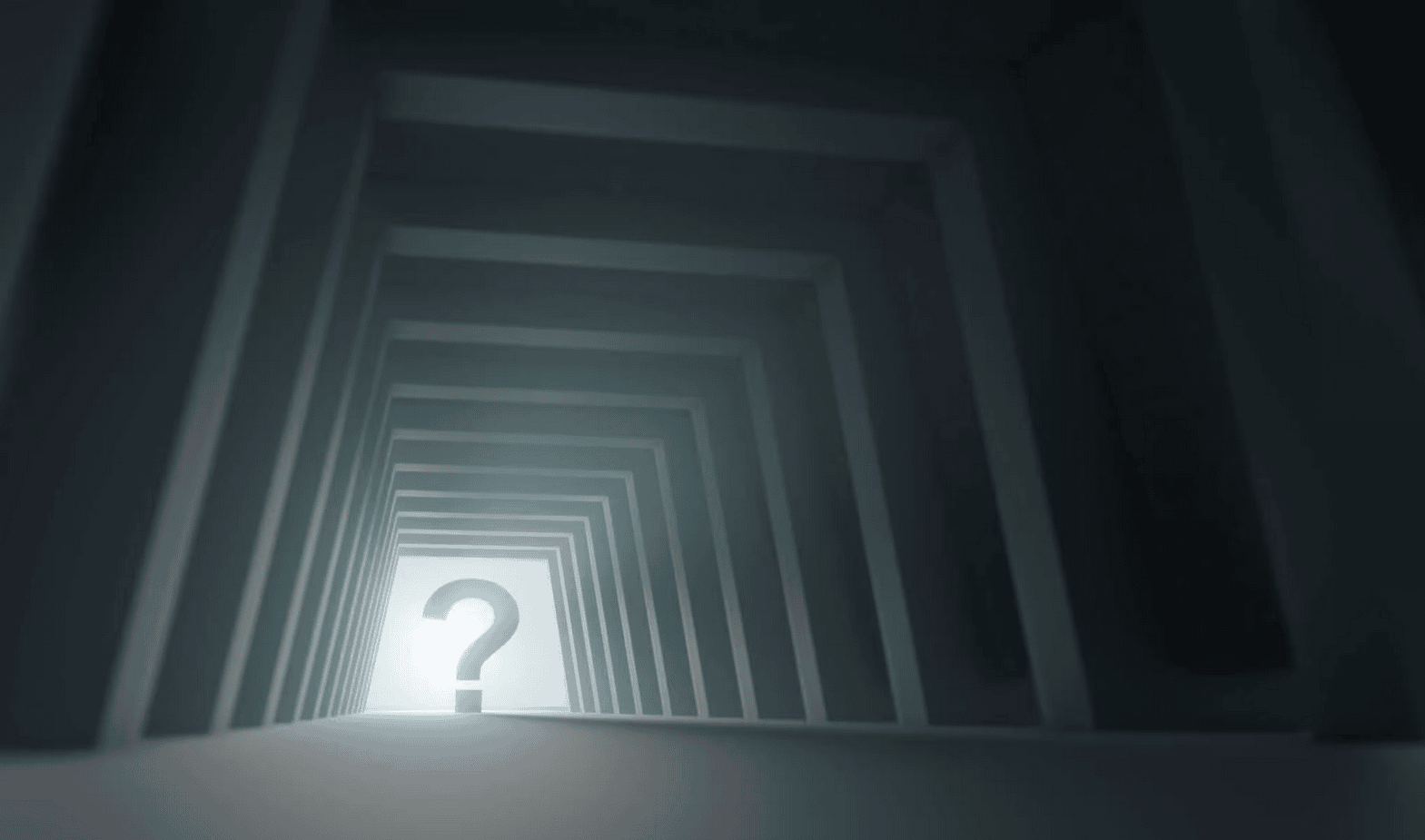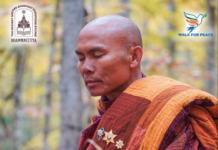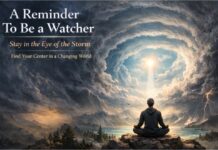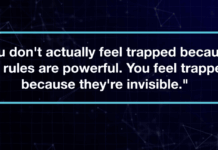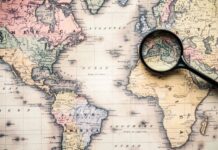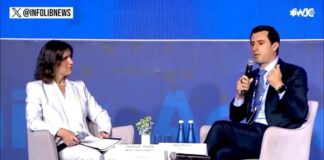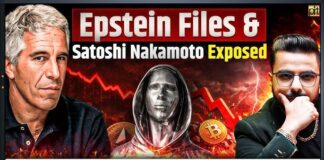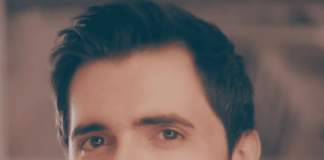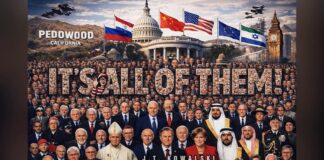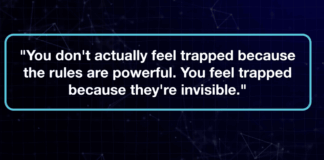From brownstone.org:
January 2023 marks the third year of global Fear, Uncertainty, and Doubt (FUD). FUD is a propaganda tactic, used in sales, marketing, politics, and cults, appealing to fear to influence perception. In marketing it is used to spread doubt about the quality of a competitor’s product (see e.g., The rhetoric of dread: Fear, uncertainty, and doubt (FUD) in information technology marketing). Often, negative and false information is spread in order to increase market share. An example is Microsoft, using this tactic to push out competitors such as Linux.
FUD first brought about by a crisis in health, cascaded into loss of faith in government, in the people around us and sometimes in ourselves. Three years is too long a time for FUD to be considered a crisis, but when a crisis is not resolved, loss of hope is the outcome. Many people have lost work, friends, health and even their lives as a result.
I wrote two reviews outlining the damage done by the non-pharmaceutical interventions. These articles dealt with the devastating ripple effects in terms of the doubling of hunger since the beginning of the crisis, hundreds of millions losing their jobs, postponed operations, and rising inequalities. At the same time, I did not only want to point out what was going wrong, but also use my knowledge as a behavioral scientist on how to go from a downward to an upward spiral.
An important question thus became: How can we move forward now that Fear, Uncertainty, and Doubt have the potential of becoming endemic? At first the battle was fought over medical and statistical science. Over the virus, tests and vaccines. And though it showed us who was willing to engage in a scientific debate and who was not, it also divided us to the point where we choose sides and think later.
My name is Michaéla Schippers, I’m a professor in behavioural science and performance management in the Netherlands. I came up with several social initiatives; in 2020 and the great citizens movement in 2021, in response to the downward spiral I see and feel. In 2022 I started a third initiative; in which I discuss the psychological underpinnings of Fear, Uncertainty, and Doubt. I engage in conversations with scientists from all over the world who are following their own ikigai (i.e. purpose in life, discussed below), and I think it is good if we use their knowledge to find a constructive way forward. Join us finding your own purpose in life; we move together.
My experiences and journey during the crisis
With the lockdowns starting in The Netherlands in March 2020, for me personally, not much changed in my work at first, except that the lectures I gave were no longer in the hall, but took place online. But I was shocked and I found myself in a kind of survival mode in those first few weeks. As soon as I realized that, I asked myself what was really going on. Why was a lockdown decided and for how would it proceed?
I was alarmed because as a single mother with a four-year-old son in elementary school, I was thrown back on myself. I read a story from a nurse in New York who apparently died of SARS-CoV-2. She was single and her five-year-old child had been with her for two days before he was discovered. It occurred to me that if something happened to me, I couldn’t let my son Mike go to the neighbors because he might infect them. I taught Mike to call the alarm number. Fortunately, he liked it and liked to play along.
After two weeks living in fear I thought: I don’t want this, I can’t live like this. I couldn’t think logically anymore and I was looking for ways to get out of this. My sister Esther called me and said she had a very strong feeling that something was not right. I told her that I couldn’t think about it rationally and that I needed some time to figure out exactly what was going on.
As a result, the scientist in me woke up again and I started looking for more scientific information. I called a colleague at Erasmus University, to talk about the situation, as he wrote blogs about the effects the closures had on elderly people. He told me he did not understand the widespread fear and anxiety either, as he did not see his hospital as overrun.
I decided to write an urgent letter to the Dutch Prime Minister and published an overview article ‘For the Greater Good? The Devastating Ripple Effects of the Covid-19 Crisis.’ Because I was increasingly worried about the future for my son and myself, I decided to speak publicly about my concerns regarding the consequences of the corona policy in a well-known podcast in The Netherlands (with English subtitles).
The original broadcast received widespread acclaim. I then gave two follow-up interviews and in October that year I appeared on national television. For the first time in my life I was present at a demonstration, as a speaker. In consultation with the department chair of my faculty, I indicated that this was in a personal capacity. But many colleagues could not understand me. They found my story rather bizarre, while for me it was a psychological interpretation, so just from my field of expertise.
I wrote about the role of groupthink, agnotology (i.e., the ways ignorance or doubt about certain topics is created by means of withholding or presenting information in a certain way), social influence, superstition and stress and coping. I sought to explain the social and behavioral aspects of human behavior in times of crises. I investigated the psychological and other consequences of global corona policy and my conclusion was, in short, that the cure (i.e. the nonpharmaceutical interventions) would be many times worse than the disease, both for The Netherlands and for poor countries.
The question was even whether the “cure” would work at all, because I couldn’t find any evidence for that. From my field of expertise, it does not really make a difference in terms of psychological processes and outcomes, whether such a disastrous policy was deliberately chosen, for example because of a perverse reward system, or whether this is the result of an extreme form of groupthink.
It can also be a combination of these factors; psychologically speaking, people are fairly easy to influence to make decisions that “hurt” themselves and even loved ones, as long as they think their suffering is for the greater good. Which of these motivations play a role, I leave to other experts to find out.
From a downward to an upward spiral
What I find even more important is to find ways to turn the situation around for the better, to ease the worst of the suffering and to see how I could get people to think for themselves again. What I eventually succeeded in, to shed the fear and see through the propaganda and psychological warfare techniques unleashed on an unexpecting population, many people could not.
Only a relatively small percentage of people recovered quickly from what fellow psychologist and professor Mattias Desmet called mass psychosis, or did not fall for it to begin with. Most people went along with the policies, despite the fact that many of them had their doubts. What you often see in such a crisis situation is that a large part of the population rallies around the leader (“rally around the flag effect”), which gives them a sense of (false) security. The more measures are taken, the more confidence this gives this population group, even if these measures have no effect, or have a clear negative effect such as a lockdown and school closures.
The compliant population group can even turn against those who are critical of the measures, because they see the latter group as a threat to their familiar world and perception of safety. This is also beautifully expressed in Plato’s allegory of the cave. Colleague Mattias Desmet from the University of Ghent told me that, inspired by my story in the alternative media in The Netherlands, he started doing further research into this phenomenon, also referred to as Mass Formation, and has published a book about it that has received widespread attention and is now available in multiple languages (The Psychology of Authoritarianism). I also wrote about this phenomenon in a publication with John Ioannidis.
Recently, I had a talk with Jordan Peterson on the downward path society is in, a death spiral. I also started to closely monitor the work of many scientists who experienced public scrutiny and backlash because they published and spoke about scientific findings that were counter-narrative, such as Robert Malone, Peter McCullough, Martin Kulldorff and many others. The huge risks that those scientists were taking in going against the tide only made me listen more closely to what they had to say.
The future if we do not make any changes
The next few years are going to be tough. If we don’t turn the tide, I fear we may be heading for a global police state under the guise of health care.
At the beginning of 2022, I published an article about this together with John Ioannidis, from which an excerpt is quoted below:
“Since early 2020, the world has witnessed a marked expansion of governmental decision-making regarding health. Lockdowns and curfews were instated in many countries, and many freedoms were taken away under the justification of a major health threat. Health authorities and politicians alluding to or exploiting health authorities acquired extraordinary power to regulate society at large, including the application of mandates. A Freedom House report found that democracy grew weaker in 80 countries during COVID-19, and that in 2020 the number of free countries reached the lowest level in 15 years. Countries that regressed included ones you’d expect like China and Belarus, but also democratic bulwarks like the United States, France, Denmark, and the Netherlands. The United States was listed as one of the 25 countries that witnessed the steepest declines in freedom. Even if the pandemic enters a less threatening endemic phase (as may already be the case in several countries), the legacy of authoritarian measures and mandates may leave behind a more enduring threat to democracy.”
Basically there are two (let’s say quite extreme) possibilities:
1. We are entering the dead-end tunnel of a technocratic society, complete with, for example, control by drones, in which we have entirely lost our freedom;
2. We choose the path of freedom; a life of healthy living in which we do not go along with the harmful measures that are imposed on us (see also the picture above).
The longer we wait, the harder it will get. Because so many people have lost their ability to look critically at the current situation, I foresee a long period of global unrest, a kind of “Sturm und Drang” period, in which people will starve to death, in which medical operations will be postponed and the farmers are being made increasingly difficult to practice their much-needed trade.
In very cynical moments, which I sometimes have, I sometimes think: if everyone dies, the problems will also disappear, and the virus will no longer bother us. But when I approach it positively, I say that we have the knowledge to implement solutions that are good for humanity and the earth. If we manage to get rid of perverse incentives, and make it a logical step to go for such solutions, I am sure humanity can thrive and prosper.
Importantly, for all those solutions, however, money should not be the guiding factor and many simple interventions are possible, such as psychological ones from my field, to determine your ideal future for yourself. It occurred to me that it is important that people start thinking for themselves again about how they want their future and that of the world to look like.
From shattered goals, hopes and dreams to meaning in life
Ikigai is a Japanese word that means purpose in life. A behavioural scientist might tell you; the key to building resilience to FUD is to find and feel your own purpose in life. So ask yourself; what is your purpose in life? And if you haven’t a clue, how may you find it? If you are ready for the challenge, we’ve written it down; “Humanity can do better. Discover your inner strength.” Rather than being alone, affright and divided, as we’ve all done over the last three years, could we – having found our personal ikigai purpose in life – move forward in a different direction?
Once we manage to move out of Fear, Uncertainty, and Doubt, we move. There’d be movement. A great citizens movement. Make no mistake, this is as much a scientific approach, as is the science behind the medical and statistical battles fought. This time, it’s behavioural science and we’re not fighting, we’re moving in a different direction. Go check out the citizens movement website. The great citizens declaration may be a nice place to start. If you like it, sign it. And start your own challenge in which you tell your fictional future self about where you are today, what you would change, if there were no limitations as you feel them imposed by FUD.
The idea is to teach people to discover and trust their own inner strength in these difficult times. The goal is to get people into an upward spiral and empower them. Through short-term and powerful positive psychology interventions, such as gratitude letters or describing the ideal future self, or other interventions.
Through these scientifically substantiated interventions and Practice Based Evidence interventions, people can get (renewed) energy and zest for life. And who knows, even make the world a better place. So let’s use the next few years for personal growth, accompanied with a lot of humor and fun. And above all, let’s not be afraid for our common sense and for a healthy life.
My dream
As inspiration, I would like to share my dream for my ideal future for the world, that I wrote in my letter to the future, here.
In the ideal world I have in mind, there is no needless suffering. Systems are in place to serve people, we are not there to serve the systems, or to make an effort to fit into the system. Kids are brought up with the idea in mind that they can become their best possible selves. Societal values are freedom, humanness, and wisdom. With these values as a basis, a process of co-creation can be used to make this world a better place. Hierarchical systems are abandoned and systems of radical direct democracy are implemented and embraced worldwide. In my ideal world, we do this, using evidence-based and effective methods to create a better world that is good for people, planet and all inhabitants of the earth. All people will get the chance to shine, and be their best possible version of themselves.
You can start by signing the Great Citizens Declaration (GCD) here. And write your own letter to the future here. I hope many of you will join in. As hopeless as it may seem at times, it is my conviction (as a hopeless optimist maybe) that one day we’ll wake up and realize we have co-created a better world together.
Note: This article is written on a personal note. It is in part and loosely based on my book chapter in the book “Dodging or Waking Up” (Ontwijken of ontwaken), an edited book by Milo Scheeren, Käthie Schene and Peter Toonen. I would like to thank Rico Brouwer for his helpful comments on an earlier version of this essay and his help in updating it.
Disclaimer: We at Prepare for Change (PFC) bring you information that is not offered by the mainstream news, and therefore may seem controversial. The opinions, views, statements, and/or information we present are not necessarily promoted, endorsed, espoused, or agreed to by Prepare for Change, its leadership Council, members, those who work with PFC, or those who read its content. However, they are hopefully provocative. Please use discernment! Use logical thinking, your own intuition and your own connection with Source, Spirit and Natural Laws to help you determine what is true and what is not. By sharing information and seeding dialogue, it is our goal to raise consciousness and awareness of higher truths to free us from enslavement of the matrix in this material realm.
 EN
EN FR
FR

